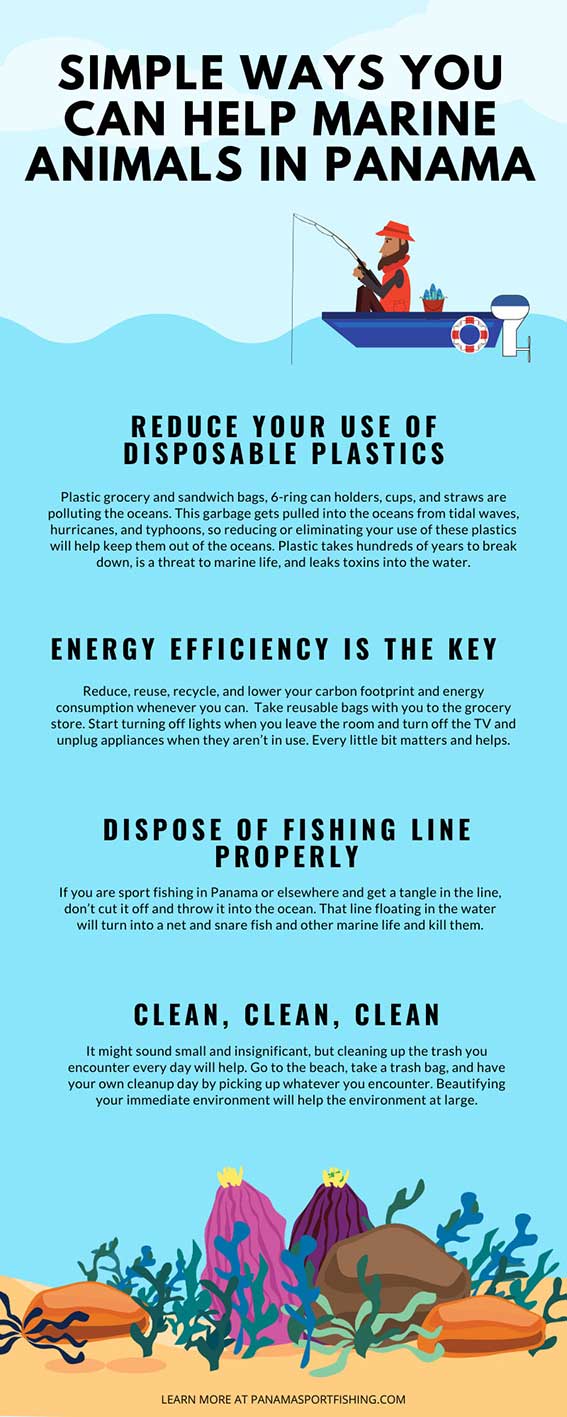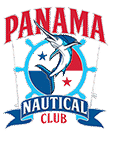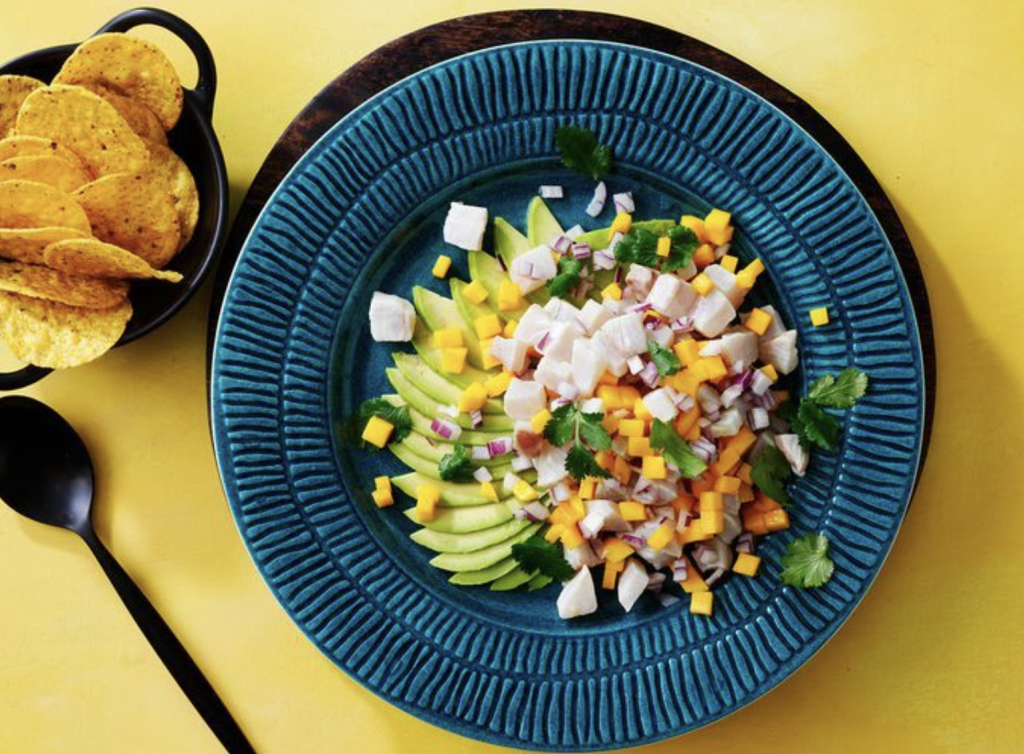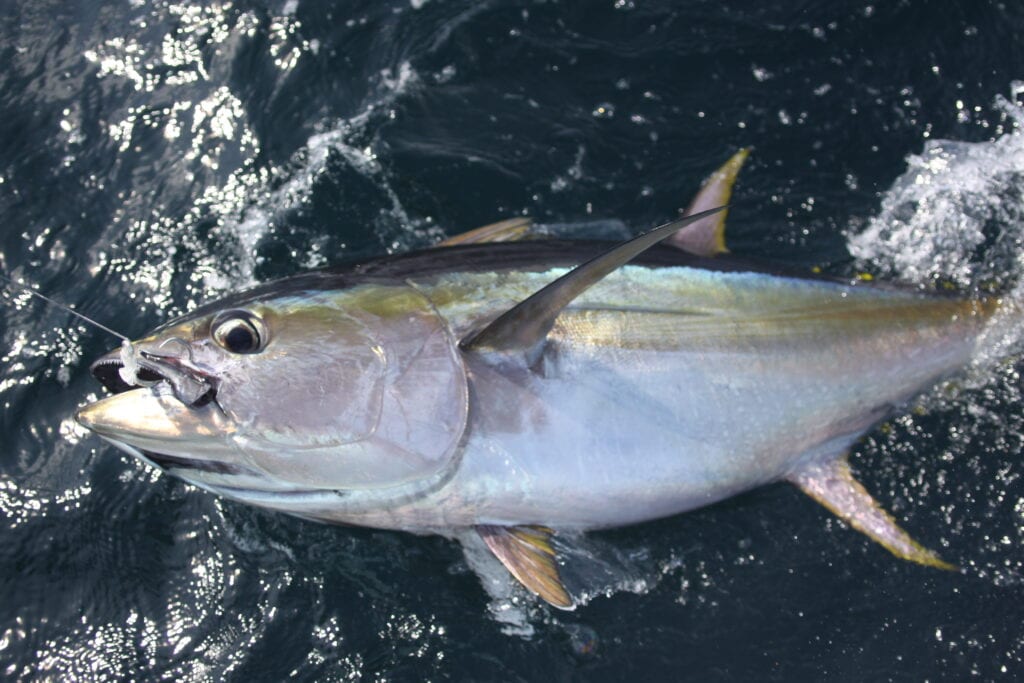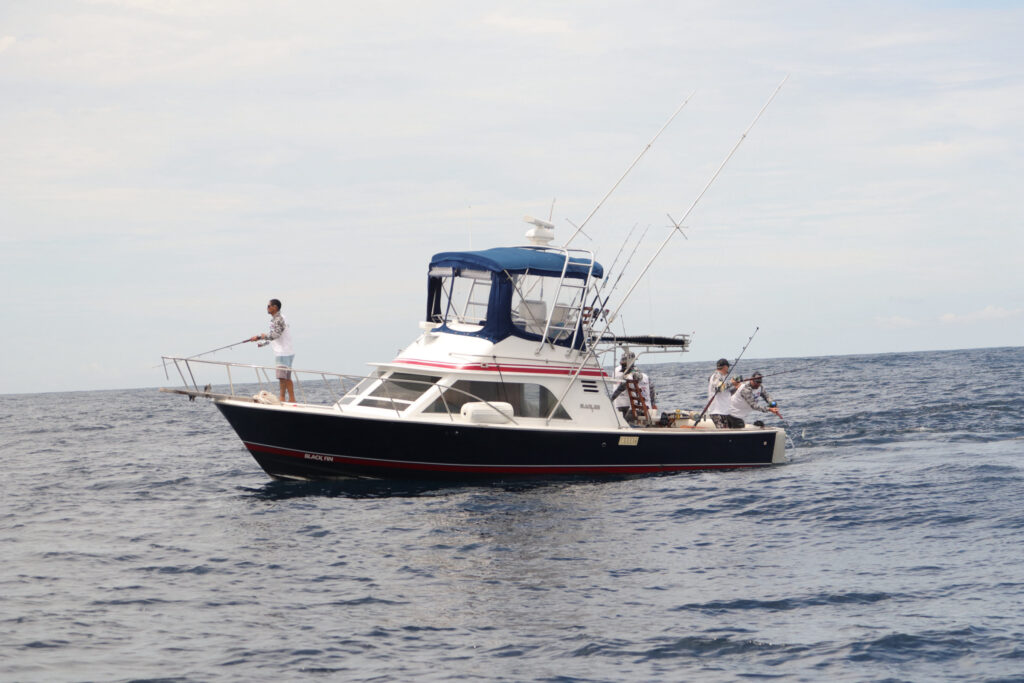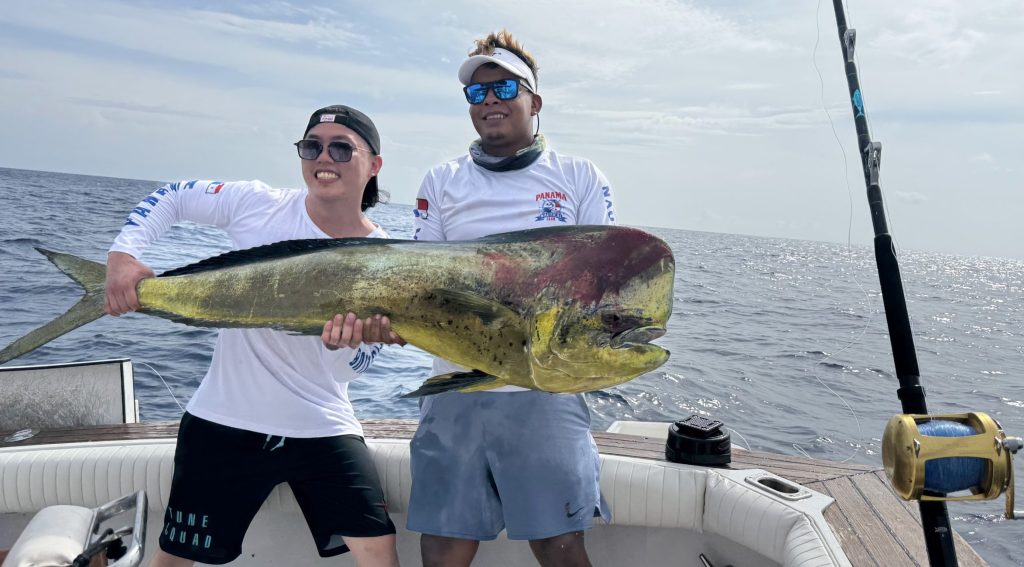Water covers approximately 71 percent of the earth’s surface, and the oceans hold about 96.5 percent of that water. The oceans are vast and teeming with exotic and mysterious marine life. Some species are familiar to us, like sharks, whales, and sea turtles, and some are more elusive, patrolling the deep like giant squid and perhaps other species waiting for discovery. The oceans provide food, resources, and support life, so it is in our best interest to protect them and their inhabitants. Because the oceans are downstream of human population, no matter where we live, our lifestyle will have an effect on them eventually. People who live on the coasts will have a more direct impact, but those who live inland will still have an effect. There are simple ways you can help marine animals in Panama and all over the world. Read this list and see what changes you can make to help.
Eat Sustainable Seafood
What we eat, where it comes from, how it’s harvested, and how it’s processed and shipped all have a direct bearing on the environment. Making small changes in what you eat will make a difference. When buying seafood, make sure that is harvested sustainably from a robust population. Wild-caught seafood has many regulations on how and when it can be caught to ensure the species can replenish itself. Farm-raised seafood is an option that has a lesser impact on the oceans.
Reduce Your Use of Disposable Plastics
Plastic grocery and sandwich bags, 6-ring can holders, cups, and straws are polluting the oceans. Even if no one directly throws their trash into the oceans, it still ends up there. The Great Pacific Garbage Patch is a real example of this phenomenon. This garbage gets pulled into the oceans from tidal waves, hurricanes, and typhoons, so reducing or eliminating your use of these plastics will help keep them out of the oceans. Plastic takes hundreds of years to break down, is a threat to marine life, and leaks toxins into the water.
Help Stop Ocean Acidification
The oceans have reduced the effects of global warming for thousands of years by absorbing carbon dioxide in the air as a natural part of the ecosystem. During the last 200 years, the amount of carbon dioxide that humans produce has increased, and the ocean has absorbed it. That increase has led to the acidification of the oceans. As the carbon dioxide is absorbed, it reacts with the water to create carbonic acid. This, in turn, decreases the pH level of the oceans, making them more acidic and affecting the marine life and coral reefs within. To prevent this from happening, you can reduce your carbon footprint on the world just in the same manner you would combat global warming. Stop using your car so much and start walking or riding a bike to go from here to there, use less electricity, and stop consuming so much.
Energy Efficiency is the Key
Piggybacking off the above recommendations, start using less energy in your day-to-day life. You know the drill. Reduce, reuse, recycle, and lower your carbon footprint and energy consumption whenever you can. These are not life-altering choices for you, but they are for the oceans and environment. Take reusable bags with you to the grocery store. Start turning off lights when you leave the room and turn off the TV and unplug appliances when they aren’t in use. Every little bit matters and helps. Reduce gasoline usage by driving less, and when you do, don’t drive like a maniac. Taking it slow and easy uses less fuel.
Don’t Release Balloons into the Air
Balloons are pretty to look at and fun for kids at a birthday party, but don’t send them up into the atmosphere. Writing a note with your address on it asking for a reply might be a fun activity, but there is a good chance that balloon will end up in the ocean. Marine life like turtles and seals can mistake them for food, eat them, and choke on them. Or they can get tangled up in their strings and drown trying to get back to the surface.
Dispose of Fishing Line Properly
Fishing line is strong and made of plastic, so it takes a long time to break down. If you are sport fishing in Panama or elsewhere and get a tangle in the line, don’t cut it off and throw it into the ocean. That line floating in the water will turn into a net and snare fish and other marine life and kill them. Keep fishing line out of the water and hold on to it until you can dispose of it on land. Practice catch-and-release as well. Fishing for sport is fine, but put them back in the ocean when done and make sure the fish is free of lures, lines, and debris.
Avoid Products with Microbeads
Microbeads are tiny, solid, manufactured bits of plastic that don’t degrade or dissolve in water. They measure less than 5mm in size, but their impact on the oceans is large. The beads are found in a variety of consumer products like facial scrubs, body wash, toothpaste, and hand soap. These particles are so small that water treatment plants cannot filter them out of the water, so they go down your drain and end up in lakes, rivers, and oceans. Governments are banning their use in some areas, but not everywhere, so they are still being used. Find out what products contain them and avoid using them.
Clean, clean, clean
It might sound small and insignificant, but cleaning up the trash you encounter every day will help. Go to the beach, take a trash bag, and have your own cleanup day by picking up whatever you encounter. That small act will prevent that garbage from heading out to seas. Even if you don’t live on the coast, clean up litter in your area. It all helps, it all matters, and there is no act too small to help the environment. Beautifying your immediate environment will help the environment at large.
